Taking a gamble when the odds are stacked against you
WOMEN of all ages are finding that gambling on everything from bingo and poker machines to betting apps can turn into something destructive and all-consuming.
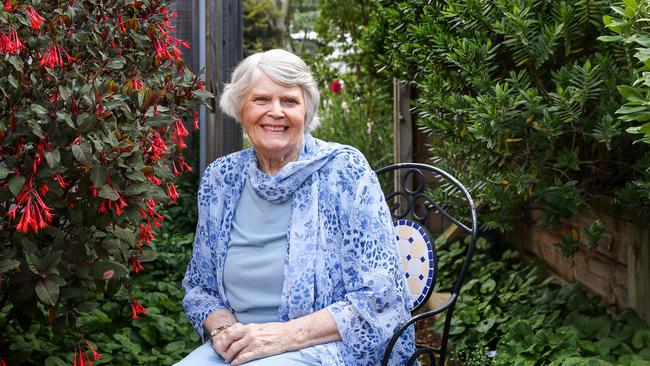
VIC News
Don't miss out on the headlines from VIC News. Followed categories will be added to My News.
WHEN Jen Ishmakovich moved to Sale she did her best to fit into the community. She settled in Gippsland when her youngest daughter won a scholarship to a prestigious grammar school but Ishmakovich remembers she soon felt isolated.
“My daughter was engrossed in her studies and was doing well at school, but I’d never felt so lonely,” recalls the 61-year-old.
The former professional puppeteer joined the local neighbourhood house and got a job with an employment agency. But she missed her former home and life and began gambling to fill the void.
“Until then, gambling was buying a Tatts ticket. But when my neighbour invited me to her daughter’s birthday party at a pub, I eventually went next door to the pokies. I won a couple of hundred dollars and got sucked in,” Ishmakovich says.
“I’d spend part of my working day visiting clients in their homes or at their workplaces and I’d stop and gamble for 30 minutes as I left town or when I headed back to the office.
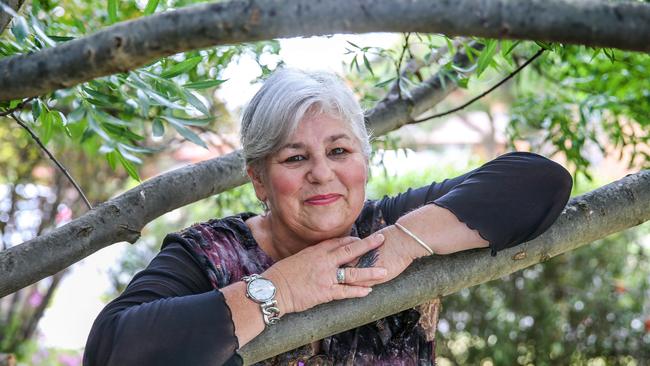
“Sometimes I’d be at the venue when the doors opened — the machines, the smell, the colours and noise all had such a hold. I didn’t gamble every day, but I gambled whenever I had money and I gambled the last $13,000 from the sale of my house.”
Within a year of her first pokies visit, Ishmakovich remembers feeling powerless to stop.
“I felt useless. There were feelings of elation when I won and then I’d hit the depths of depression. I tried so hard not to gamble it but I was caught up in it,” she says.
“The shame was huge and I had this big secret and the stress of it all nearly killed me. I had two stents put in my heart in 2015 and I’m sure that was because of the stress I put myself under with the gambling.”
Ishmakovich is one of an unknown number of women in Australia for whom gambling becomes an addiction or habit.
Perhaps once seen as a male-dominated issue, Associate Professor Samantha Thomas, a public health sociologist from Deakin University, says the number of female gamblers is rising and younger and older women are experiencing “gambling harm”.
“There is a real change in women’s gambling behaviours and their attitudes towards gambling,” Thomas says.
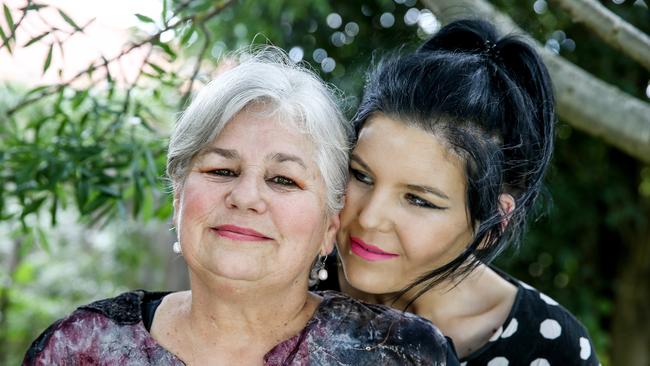
“That may be partly because there is less stigma attached to gambling because it’s now so available and normalised. And a range of strategies pull women into gambling environments. Casinos have activities that draw women in, for example, such as restaurants and entertainment. Local clubs offer cheap meals and free transport to their venues and often women perceive those environments to be safe spaces and places of social connection. A lot
of things shape a pathway into gambling for women.”
Thomas says while there has been a focus on mature-aged women playing the pokies, a more recent development is younger women gambling and betting using apps.
“Older women still engage with the pokies, but the younger generation of tech-savvy women are engaging with horse betting and sports betting as well. New forms of gambling are often based on apps — so women download an app to place a bet on the Melbourne Cup and then receive a lot of other nudge-messaging encouraging them to gamble on other things,” she explains.
“The gambling industry is also doing a lot to attract younger women to poker machines by branding them to appeal to a younger market. They are branded with TV themes or there’s a Britney Spears-themed poker machine for example — it’s not just Jewel of the Nile anymore.”
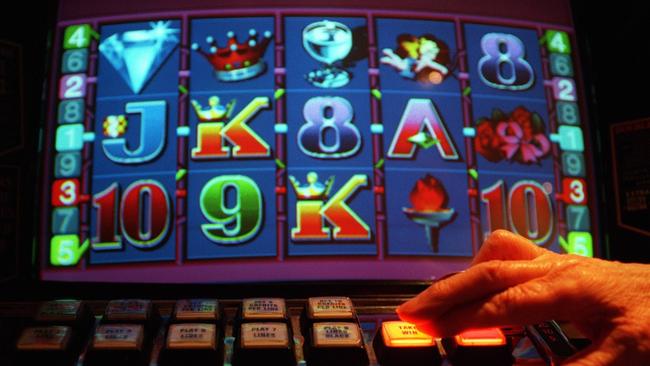
A Victorian Responsible Gambling Foundation study found men were more likely to gamble for social reasons or for entertainment, while women were more likely to gamble for charity, or because gambling eased “stress, loneliness and boredom”.
A Swinburne University of Technology study found loneliness was a key driver for some women in Melbourne’s Vietnamese community to gamble. But as those women accrued spiralling gambling debts that they struggled to repay, some ended up working in the illicit drug trade.
Carolyn Hirsh agrees that loneliness and sadness are common triggers for women to start gambling and then find it difficult to stop. Hirsh was a psychologist and a state MP who became addicted to poker machines. She puts that time in her life down to unresolved grief, depression and post-traumatic stress disorder (PTSD) triggered by the suicide of her oldest daughter, Victoria. Hirsh found Victoria’s body.
“The horror of that image and the emotions stayed but I didn’t realise that I had depression and PTSD. I didn’t do much about my grief and two years after Victoria died I was elected to parliament for a second time. I was drinking more than I should have been and I got picked up drink driving. My life started rolling downhill because of the unresolved grief,” says Hirsh, now 80, and living in Ferntree Gully.
She began playing the pokies in 2000 while Victoria was alive but mentally unwell. Victoria’s daughter was living with Hirsh and she would drive her granddaughter to school each morning. Hirsh noticed a pub on her journey home that offered free breakfast and one morning Hirsh stopped on her way home from school drop-off.
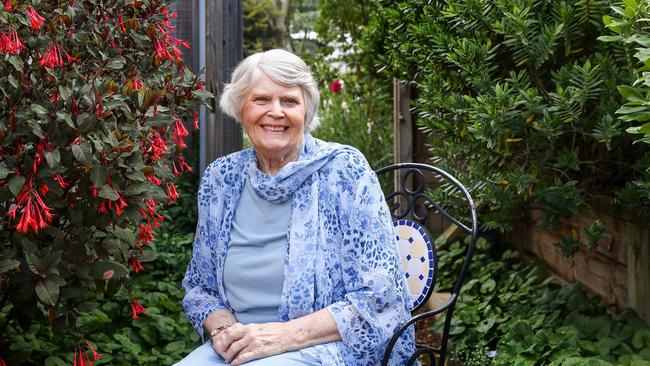
“I’d pop in for the free toast and tea and to read the newspapers. There were banks of poker machines and I’d watch people putting money in and think ‘what a waste’. But one day I played and won $50.
“That started it. I’d have brekkie and play the pokies. But it was years before I realised I was addicted.”
By 2006, Hirsh realised she had a problem. She was gambling more money than she wanted to and remembers leaving parliament at lunchtime to gamble. She was horrified one evening when one of her children spotted her car parked at a pokies venue and found her gambling.
“You lie and sneak because it is shameful,” she says.
“In 2008, I went to Gambler’s Help and to counselling and that helped me work through the grief and PTSD. I saw a psychologist who taught me mindfulness. The only way to stop was to exclude myself from every poker machine venue north of the Yarra. A couple of times I went into a place and was mortified when I was told ‘you’re excluded’,” Hirsh says. “Whenever there was a drama or a crisis I’d relapse, but I haven’t gambled since 2013.”
Hirsh ended up with about $40,000 in credit card debt that she has repaid. She feels fortunate to have escaped her addiction with what she has.
“I look back on that time with horror, but I can’t spend the rest of my life regretting those things,” she says.
“I go to my local hot pool three times a week. I have grandchildren and go to their dancing and sports events and I have a little pub around the corner from my home that has live music, lovely meals — and no pokies.”
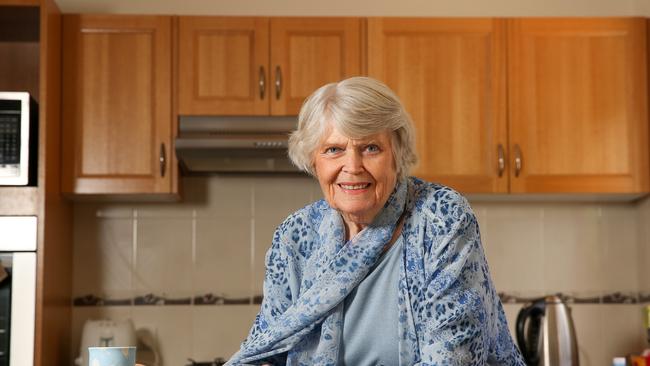
The Andrews Government last year announced reforms to tackle gambling harm. These include limiting EFTPOS withdrawals at gaming venues to $500 within a 24-hour period and banning the cashing of cheques at venues. The new legislation also bans the purchase of cashless gaming tickets or credits with a credit card.
Minister for Gaming and Liquor Regulation Marlene Kairouz says the new measures are about “protecting people and helping those who choose to gamble stick to their limits”.
Associate Professor Thomas says gambling can lead to mental health issues such as depression and anxiety, financial stress, relationship breakdowns, criminality and homelessness. For every person who develops a gambling problem, up to 10 people in their network, such as partners and children, will also be negatively impacted. She believes the gaming industry needs to take more responsibility for these harms.
“The gambling industry has done a fantastic job framing this as something that becomes a problem if you haven’t been responsible and controlled yourself,” says Thomas.
“We need to get the focus off ‘problem’ people and on to problem products and industry tactics that encourage women to gamble more than they would and to gamble on things they wouldn’t normally gamble on.”
Jen Ishmakovich stopped gambling in 2014 after joining the Chrysalis Insight program founded by former Melbourne poker machine addict Gabriela Byrne.
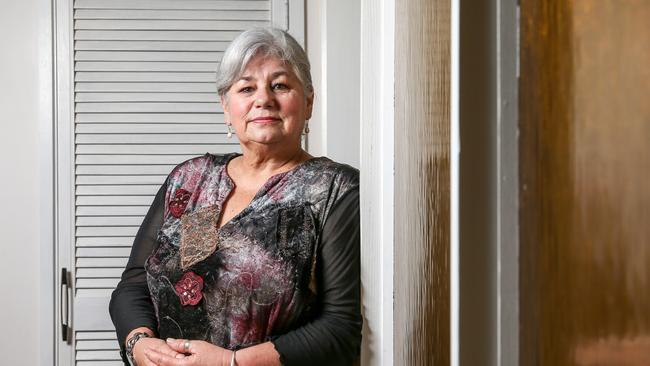
“Knowing everyone in the room had the same problem was life-changing. The program was a lifeboat when I was drowning,” Ishmakovich says.
“I didn’t stop overnight but when I relapsed I learnt to forgive myself, to start again and gradually you stop. I had a career and a family but it’s so easy to have that one time in your life when you struggle and end up a statistic.”
NOT SO EASY TO STOP
Paige*, 29, is one of a younger generation of women who gamble. The Melbourne retail manager spends about $400 a week on online gambling and betting apps. Her partner, family and friends don’t know.
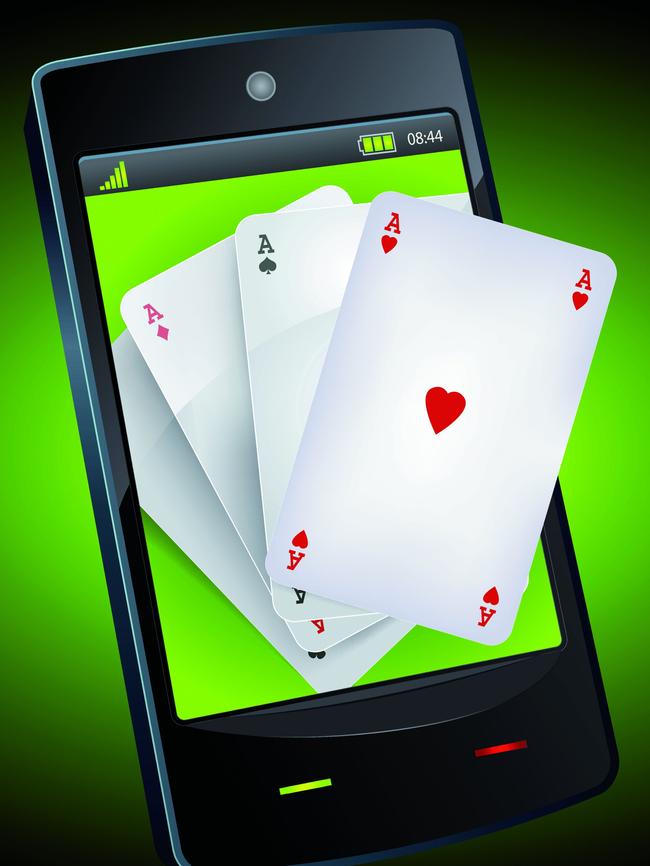
“It started when I began playing quizzes and word games on my mobile. Ads popped up on screen offering me free spins on pokie-style games. I tried one and it was hypnotic and initially I won quite often although I wasn’t playing with real money then. Quite quickly I was asked to buy more spins to win real money and that was my big mistake. I thought I’d win some money and stop. Now I realise that’s not easy.
“One ad led to another ad and to more games and gambling. I can do it on the tram on the way to work, when it’s quiet at work, during my lunch-break … When my partner works late I go online. But when I realise how much I’ve lost — I feel sick.
“I started with small amounts — $5 here and there — but now I have a problem. I get paid weekly and within three or four days most of my money has gone. My partner hasn’t suspected — I’ve ‘confessed’ to a clothes and shoe addiction to explain my lack of money. He told me I don’t need to buy expensive clothes to look beautiful. I feel like crap lying to him.
“I took out a personal loan to buy a car several months ago and I’ve blown $10,000 of that. There will be no car. Nobody knows about my gambling. But I think there are plenty of younger women like me who go online for fun and end up getting trapped. A tiny voice in the back of your head tells you it’s pointless and stupid, but the urge to play is stronger.
“I need to get help but I’m scared. How will I stop? I’ve always got my mobile with me. I’m probably going to have to tell my partner and my parents and I’m ashamed. But if I don’t face up to what is happening I know eventually I’ll end up losing my job, my partner and the respect of my friends and family.
“I don’t want that to happen. Online gaming is an insidious business. It’s sold as fun and harmless but it’s exactly the opposite.”
*nAME CHANGED
WHERE TO GET HELP
Victorian Responsible Gambling Foundation
responsiblegambling.vic.gov.au
or call 1800 858 858
Gamblers Anonymous Australia
gaaustralia.org.au or 9696 6108
Gambling Help Online


